Less Public Participation and New Fishery Rebuilding Loopholes Are the Lowlights of Pombo’s Magnuson-Stevens Reauthorization Bill
Press Release Date: October 6, 2009
Location: Washington
Contact:
Anna Baxter | email: abaxter@oceana.org
Anna Baxter
Today the U.S. House Resources Committee led by Rep. Pombo (R-Calif.) passed a Magnuson-Stevens Fishery Conservation and Management Act reauthorization bill, H.R. 5018, which retreats from some of the recent progress our nation has made in managing our oceans. It will restrict full public participation and review in fishery management decisions and open more loopholes to delay rebuilding depleted fish populations.
In short, the bill perpetuates many of the failed policies of the past decade. We need an improved Magnuson-Stevens Act that takes us into the 21st century – this bill takes us back to the 90s. To his credit, Mr. Pombo did make several changes that improved the bill he introduced in March and agreed during the committee markup to work on language to prioritize research of deep-sea-coral and sponge habitat.
However, the Pombo bill that passed today does not require any accountability for the fishing industry when annual fish catch limits are exceeded and creates loopholes to allow fishery managers to delay rebuilding of overfished populations. The Pombo bill also allows the Secretary of Commerce to waive the National Environmental Policy Act for any and all fishery management actions, limiting public participation and review of the full range of ecosystem impacts affecting fish populations and ocean habitats
Oceana appreciates the efforts of Representatives Rahall (D-W.Va), Gilchrest (R-Md.), Saxton (R-N.J.), Pallone (D-N.J.), and Markey (D-Mass.) during the committee debate. They offered several amendments to strengthen the bill.
Oceana will now work to persuade other members of Congress to demand a far better piece of legislation that will at least ensure full participation of the public in fishery management decisions, strengthen the law to end overfishing and rebuild depleted populations, improve research and protection of fragile, deep-sea corals and other sensitive ocean habitat, ensure robust analysis to improve fishery decision-making processes, and make certain that the best available scientific advice is the basis of fishery and ocean management.



